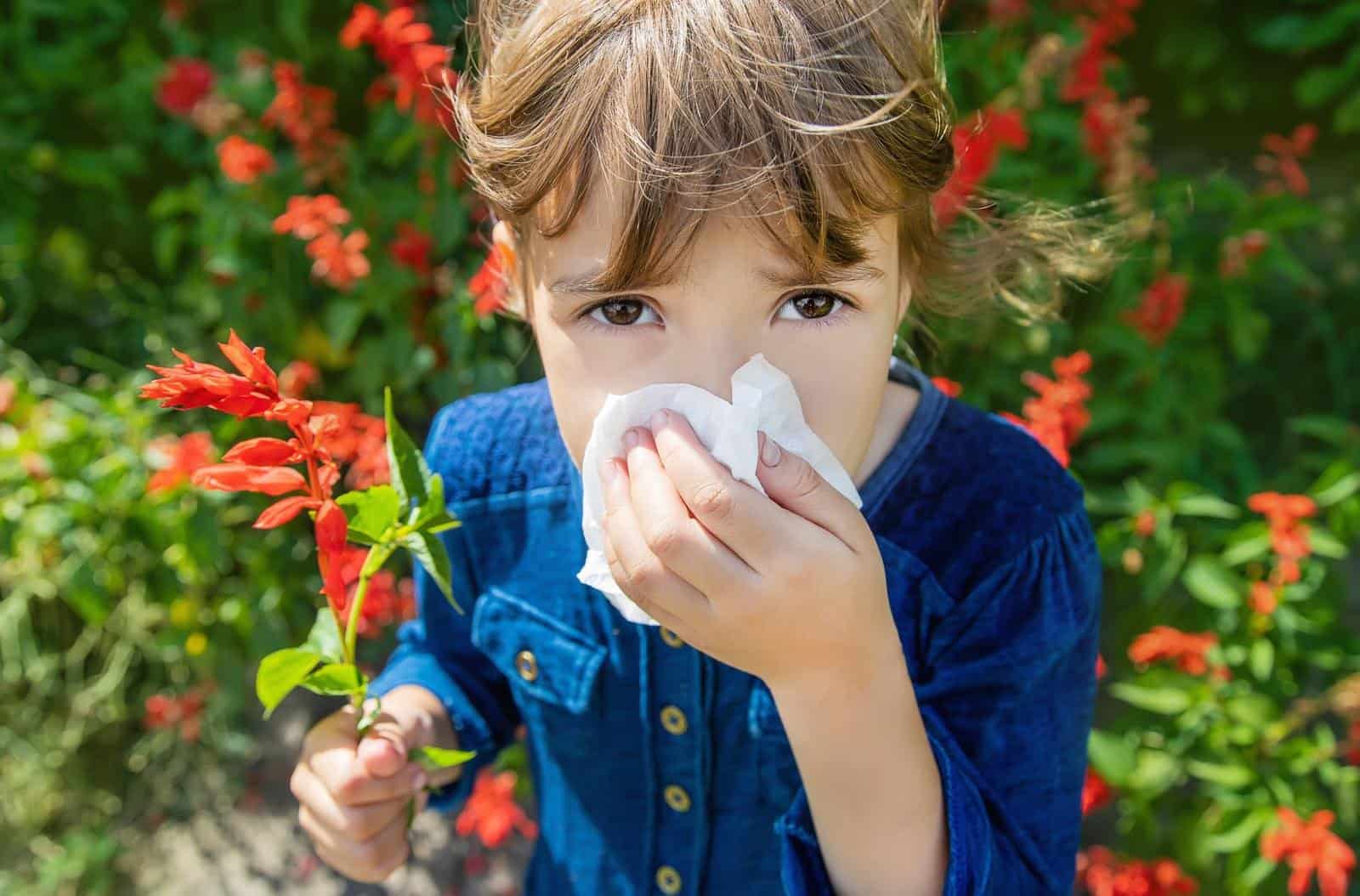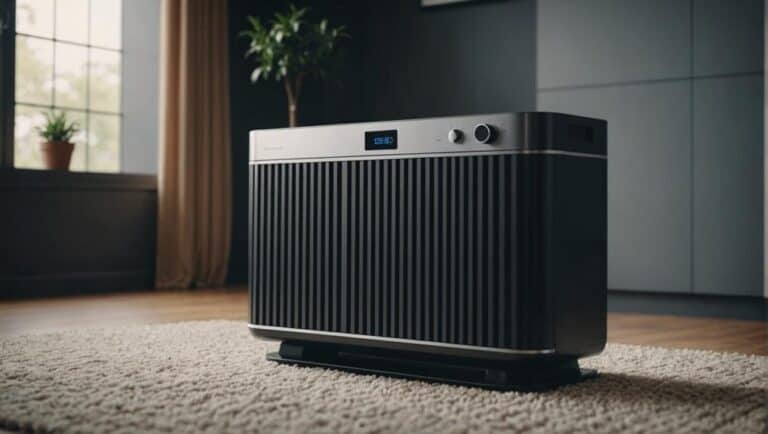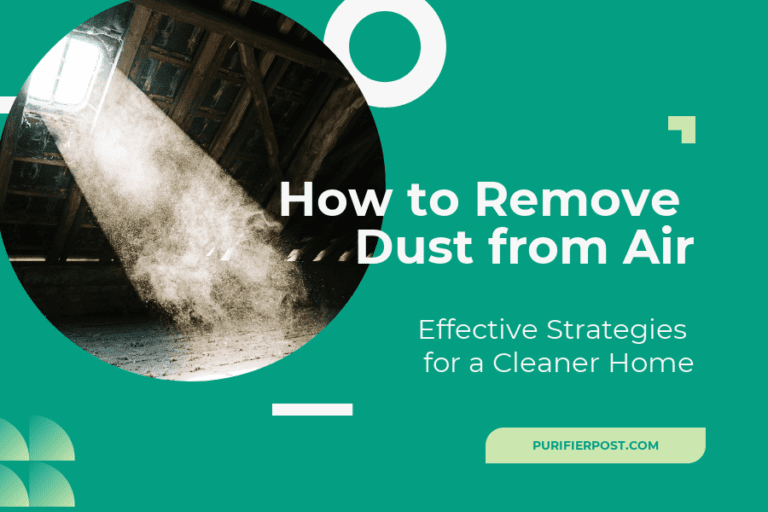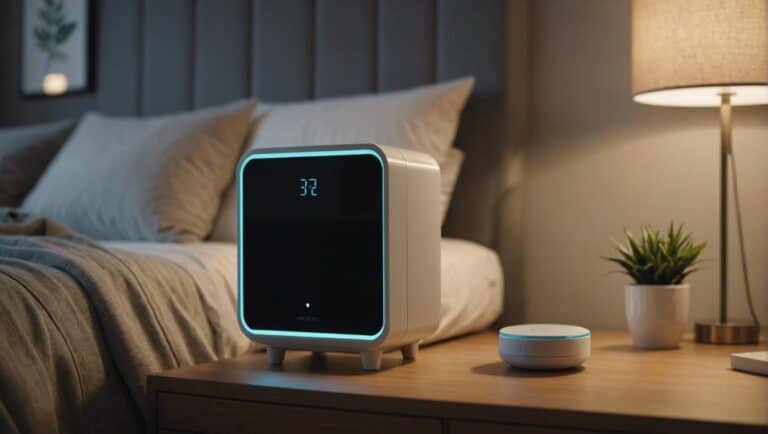Can Your Air Conditioner Make Seasonal Allergies Worse?
Does your air conditioner make your seasonal allergies worse? Find out the surprising impact of your AC on your allergies and how to minimize their effects.
Discover how allergens can circulate in air-conditioned spaces and how air filters can actually aggravate your symptoms.
Learn about the role of HVAC systems in triggering allergic reactions and get valuable tips on how to minimize allergies while still enjoying the cool comfort of your air conditioner.
The Impact of Air Conditioning on Allergies
In your home, the air conditioner can worsen seasonal allergies. The air conditioning system, while providing relief from the heat, can also contribute to making allergies worse. One of the main reasons for this is the air filter in the air conditioner. If not regularly cleaned or replaced, the filter becomes a breeding ground for allergens such as dust, pollen, and pet dander. As a result, when the air conditioning is turned on, these allergens are circulated throughout the room, causing a decline in air quality.
This can trigger allergy symptoms such as sneezing, coughing, itchy eyes, and congestion. In some cases, individuals may even experience an allergic reaction. To mitigate this issue, it’s important to regularly clean or replace the air filter and maintain good indoor air quality.

Understanding Allergens in Air Conditioned Spaces
To effectively manage your allergies in air conditioned spaces, understanding the types of allergens present and how they can impact your symptoms is crucial. Here are some common allergens that can be found in air conditioned spaces:
- Pollen: These tiny particles from plants can easily get into your respiratory system and trigger allergic reactions.
- Pet dander: If you have pets, their dander can easily get trapped in the air conditioning system and circulate in the air, causing respiratory problems.
- Mold spores: Moisture in air conditioning units can create an ideal environment for mold growth, leading to the release of mold spores that can worsen allergies.
- Dust mites: These microscopic creatures thrive in dusty environments, and their waste particles can become airborne and cause allergic reactions.
Managing the presence of these allergens and maintaining good air quality in your air conditioned spaces is essential for reducing allergy symptoms.
How Air Filters Can Aggravate Seasonal Allergies
Air filters can trap allergens, but they can also aggravate seasonal allergies if not properly maintained.
Your air conditioner filters are designed to capture outdoor allergens and common indoor allergens, such as dust mites, pollen, and pet dander. However, if these filters aren’t cleaned or replaced regularly, they can become clogged with allergens and contribute to poor air quality.
When the air conditioning system is turned on, the trapped allergens can be released back into the air, circulating throughout your home and triggering allergic reactions.
It’s important to clean or replace your air filters as recommended by the manufacturer to prevent this from happening. By properly maintaining your air filters, you can help minimize the impact of seasonal allergies and improve the air quality in your home.
The Role of HVAC Systems in Allergic Reactions
Clean and maintain your HVAC system regularly to minimize allergic reactions caused by poor air quality. Your HVAC system plays a crucial role in determining the air quality inside your home. Here are some important points to consider:
- HVAC systems circulate and filter the air inside your home, helping to remove allergens such as pollen, dust, and pet dander.
- An improperly maintained HVAC system can become a breeding ground for allergens, leading to increased allergic symptoms.
- The filters in your HVAC system need to be cleaned or replaced regularly to ensure that they’re effectively trapping allergens.
- Poor indoor air quality can trigger allergenic responses, such as asthma attacks or allergic rhinitis.
Tips for Minimizing Allergies With Your Air Conditioner
Consider adjusting the temperature settings on your air conditioner to help alleviate allergy symptoms.
Your air conditioner plays a crucial role in maintaining indoor air quality and reducing allergens. Start by ensuring that your air conditioner is equipped with high-quality filters that can capture allergens like pollen. Regularly clean or replace these filters to prevent them from becoming clogged and ineffective.
Additionally, make sure that your air conditioner is providing proper ventilation to prevent the accumulation of allergens indoors. Keep windows and doors closed during peak pollen times and rely on your air conditioner to circulate and filter the air in your home.
Conclusion
So, can your air conditioner make seasonal allergies worse? The answer is yes, it can.
Air conditioning can circulate allergens in the air, and if the filters aren’t cleaned regularly, they can aggravate allergies even more.
However, by properly maintaining and cleaning your HVAC system, and using high-quality air filters, you can minimize allergic reactions and create a healthier indoor environment.
Stay proactive and take the necessary steps to keep your air conditioner allergy-friendly.






